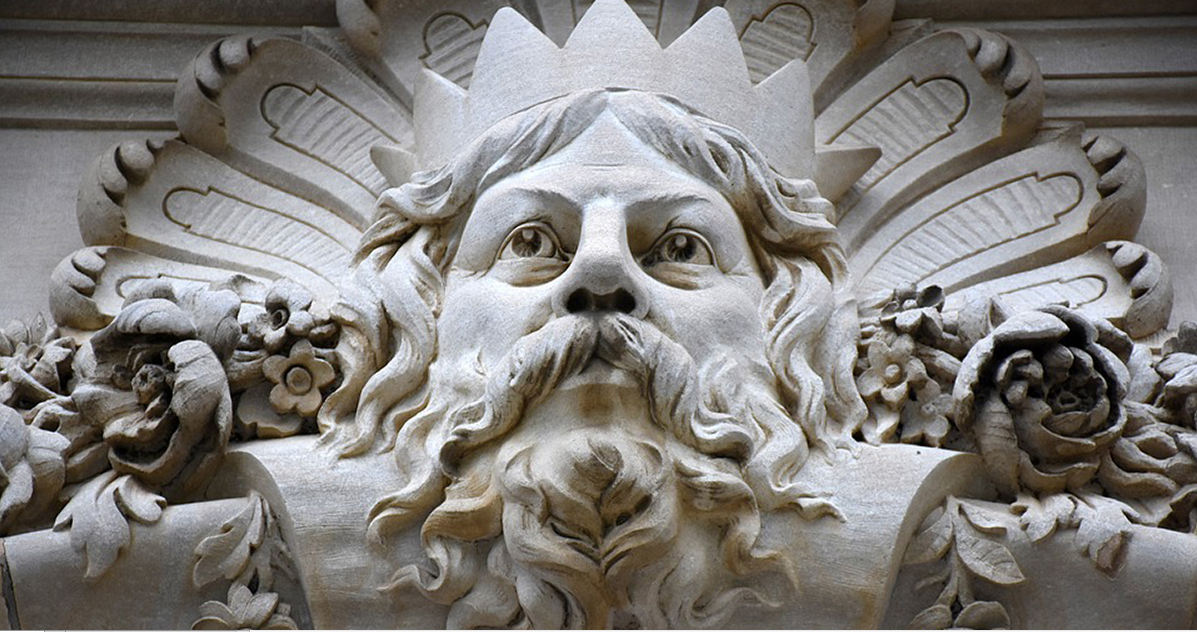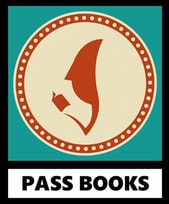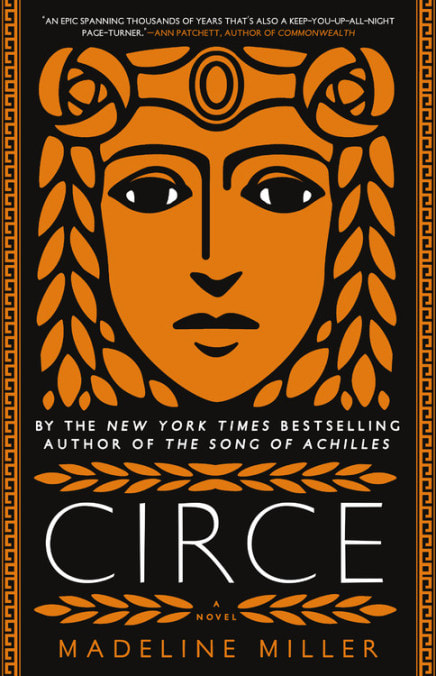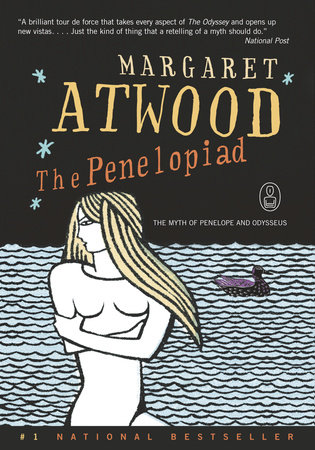Shoofly Magazine book columnist Carole McKellar checks out spellbinding new works by contemporary authors based on myths spun thousands of years ago.
I first turned to Edith Hamilton’s “Mythology: Timeless Tales of Gods and Heroes,” published in 1942. Hamilton’s retelling of stories from Greek, Roman, and Norse mythology is still used as an introductory text in high school and college. The sheer number of gods and goddesses outlined by Hamilton is overwhelming, but many names are embedded in our language: Zeus, Neptune, Aphrodite, and Atlas.
Greek mythology has provided inspiration to poets and artists from ancient times to the present day. Dating to the 8th century BC, Homer’s “Iliad” and “Odyssey” are the oldest Greek writings available. Plato is probably the most famous Greek writer. His dialogues include the “Republic” and “Symposium.” Sophocles wrote 123 plays including “Oedipus the King” and “Antigone.” Only seven of Sophocles’ plays survived intact. The list of ancient Greek writers includes Aristophenes, Euripides, and Herodotus. Roman writers were heavily influenced by Greek literature. “Metamorphoses” by the Roman poet Ovid contains much of what we know about Greco-Roman mythology. Ovid’s writings influenced the works of Milton, Shakespeare, and Chaucer. Virgil, author of “The Aeneid,” is probably the most famous Roman poet.
Consideration of mythology is timely because of the recent popularity of books and movies about mythic heroes. Movies range from “Hercules,” a Disney animated film, to “The Hunger Games” trilogy from best-selling books by Suzanne Collins. “Percy Jackson and the Olympians: The Lightning Thief” was based on the first novel in a Young Adult series by Rick Riordan.
My personal favorite is the movie “O Brother, Where Art Thou?” by Ethan and Joel Coen. This satire is based on Homer’s poem “The Odyssey.”. The film is set in Depression era Mississippi and tells of three convicts who undertake an epic journey to retrieve a treasure. The central character is Ulysses, the Latin variant of the name Odysseus, the hero of the epic poem. In addition to the Young Adult books, the list of books inspired by mythology is long and diverse. “American Gods” by Neil Gaiman weaves ancient myths into modern culture and was made into a television series. Margaret Atwood, famous Canadian author of “The Handmaid’s Tale,” wrote “The Penelopiad: The Myth of Penelope & Odysseus.” Madeline Miller, a Latin and Greek scholar, wrote “The Song of Achilles,” a novel about the Trojan War, and the newly published “Circe” about the goddess of magic and sorcery. Nashville writer Ann Patchett wrote about “Circe”: “An epic spanning thousands of years that’s also a keep-you-up-all-night page turner.” It’s currently on my nightstand, and I can’t wait to read it.
Mythical references abound in our culture. We’re all familiar with Nike footwear, named for the Greek goddess of victory, and the Apollo Theater, which gets its name from the Greek god of music.
Mardi Gras is filled with mythic names. Nereids, Muses, Hermes, Iris, Comus, Endymion are only a few named for Greek and Roman gods. Perhaps no Mardi Gras krewe is more aptly named than Bacchus, the god of wine and revelry. Other well known allusions to Greek and Roman mythology include:
It is a Herculean task to reduce Greek and Roman mythology to a few paragraphs, but even a cursory look points out its value to Western civilization. Comments are closed.
|
Categories
All
Archives
May 2024
|
Shoofly Magazine Partners
Our Shoofly Partners are local businesses and organizations who share our mission to enrich community life in Bay St. Louis, Waveland, Diamondhead and Pass Christian. These are limited in number to maximize visibility. Email us now to become a Shoofly Partner!





























 RSS Feed
RSS Feed























